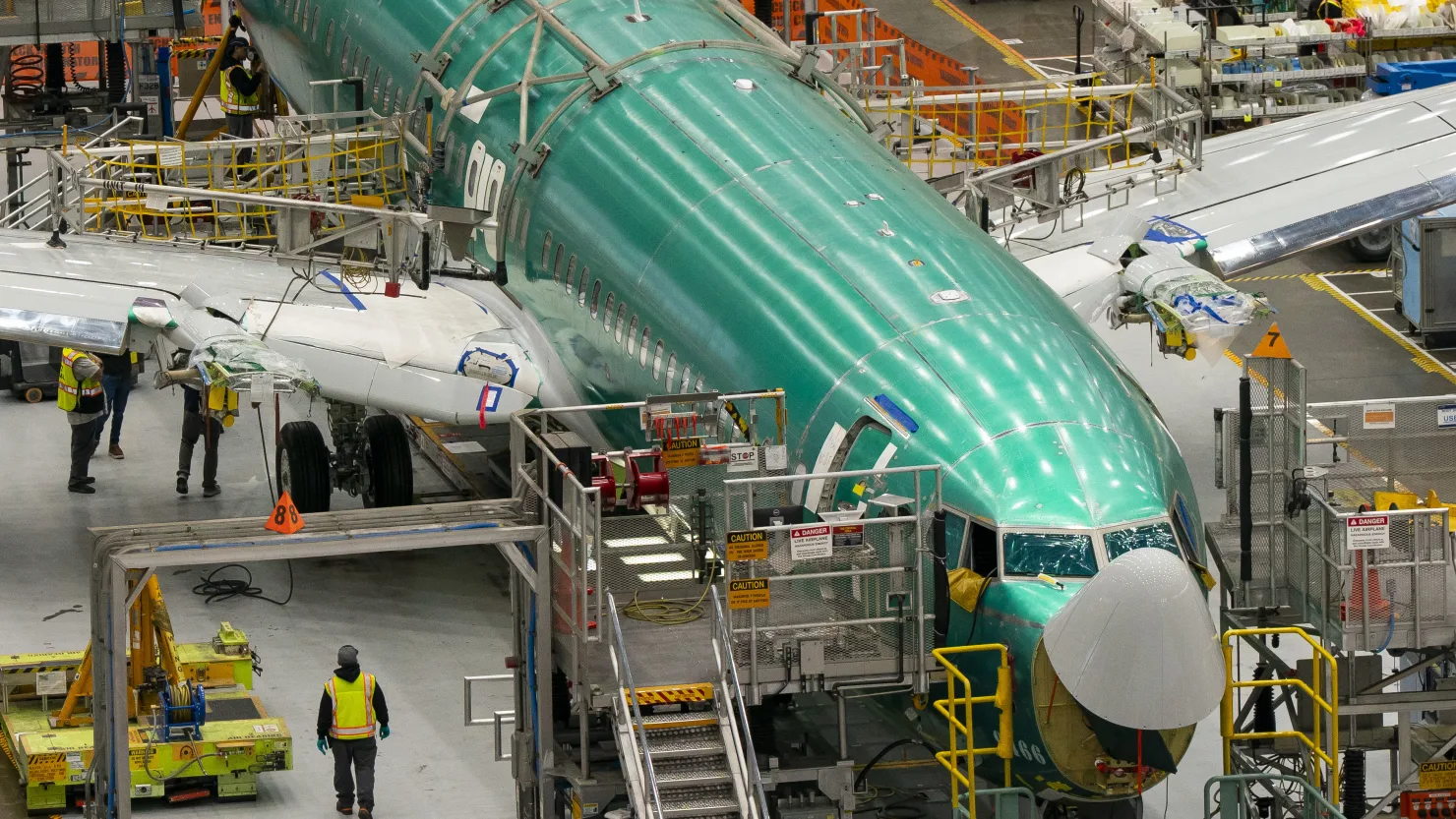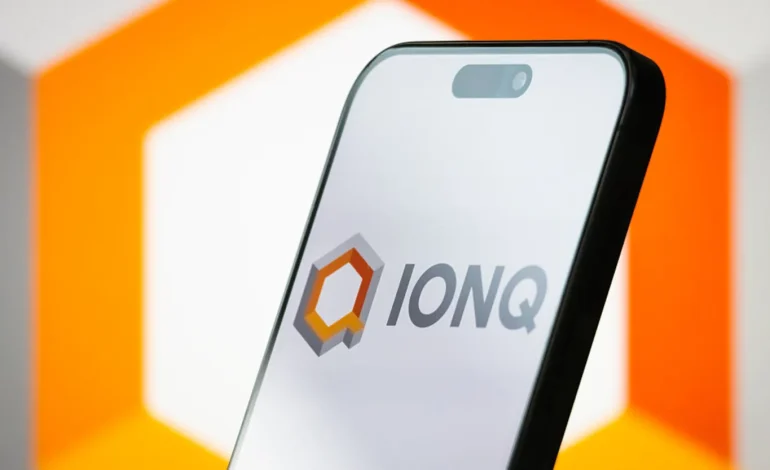IonQ, a US-based leader in quantum computing, announced on Monday that it has agreed to acquire United Kingdom-based startup Oxford Ionics in a transaction valued at approximately $1.1 billion.
The acquisition, composed largely of IonQ stock and about $10 million in cash, marks a significant step in IonQ’s broader strategy to scale its quantum computing capabilities and accelerate commercialization.
The deal is expected to combine IonQ’s experience in quantum hardware and software with Oxford Ionics’ chip-based trapped ion technologies. Both companies emphasized the potential of their merged capabilities to produce advancements in scalable, fault-tolerant quantum systems.
IonQ CEO Niccolo de Masi described the acquisition as a move that will “set a new standard within quantum computing” by merging the firms’ complementary technologies. According to the company, the goal is to reach 256 physical qubits by 2026, 10,000 by 2027, and as many as 2 million by 2030—figures that underscore IonQ’s long-term ambitions in the space.
The announcement arrives amid rising global interest in quantum computing, spurred by recent developments from major technology firms such as Microsoft and Alphabet. These breakthroughs have drawn increased attention from investors and industry players seeking to position themselves at the forefront of the next generation of computing.
IonQ, headquartered in Maryland, has been active in expanding its portfolio through acquisitions. In addition to Oxford Ionics, the company recently announced deals to acquire Lightsynq Technologies, Capella Space, and a controlling stake in ID Quantique. Last year, it also acquired quantum networking firm Qubitekk.
On Monday, IonQ also shared results from a collaborative research project involving AstraZeneca, Amazon Web Services, and Nvidia. The joint program demonstrated a quantum-accelerated workflow for computational chemistry, relevant to pharmaceutical development. These findings will be presented at the ISC High Performance conference in Germany.
The company’s stock rose about 4% on the news of the acquisition. Despite a 6% decline year-to-date, IonQ shares have surged over 400% in the past 12 months. The stock has shown significant volatility in 2025, in line with other quantum computing companies navigating an evolving and uncertain market landscape.
IonQ went public in 2021 via a special purpose acquisition company (SPAC) and has since positioned itself as a key player in the quantum space. While it reported a $0.14 adjusted loss in the most recent quarter, it beat analyst expectations and projects revenue of $17 million for the June quarter.
CNBC and Investor’s Business Daily contributed to this report.










The latest news in your social feeds
Subscribe to our social media platforms to stay tuned